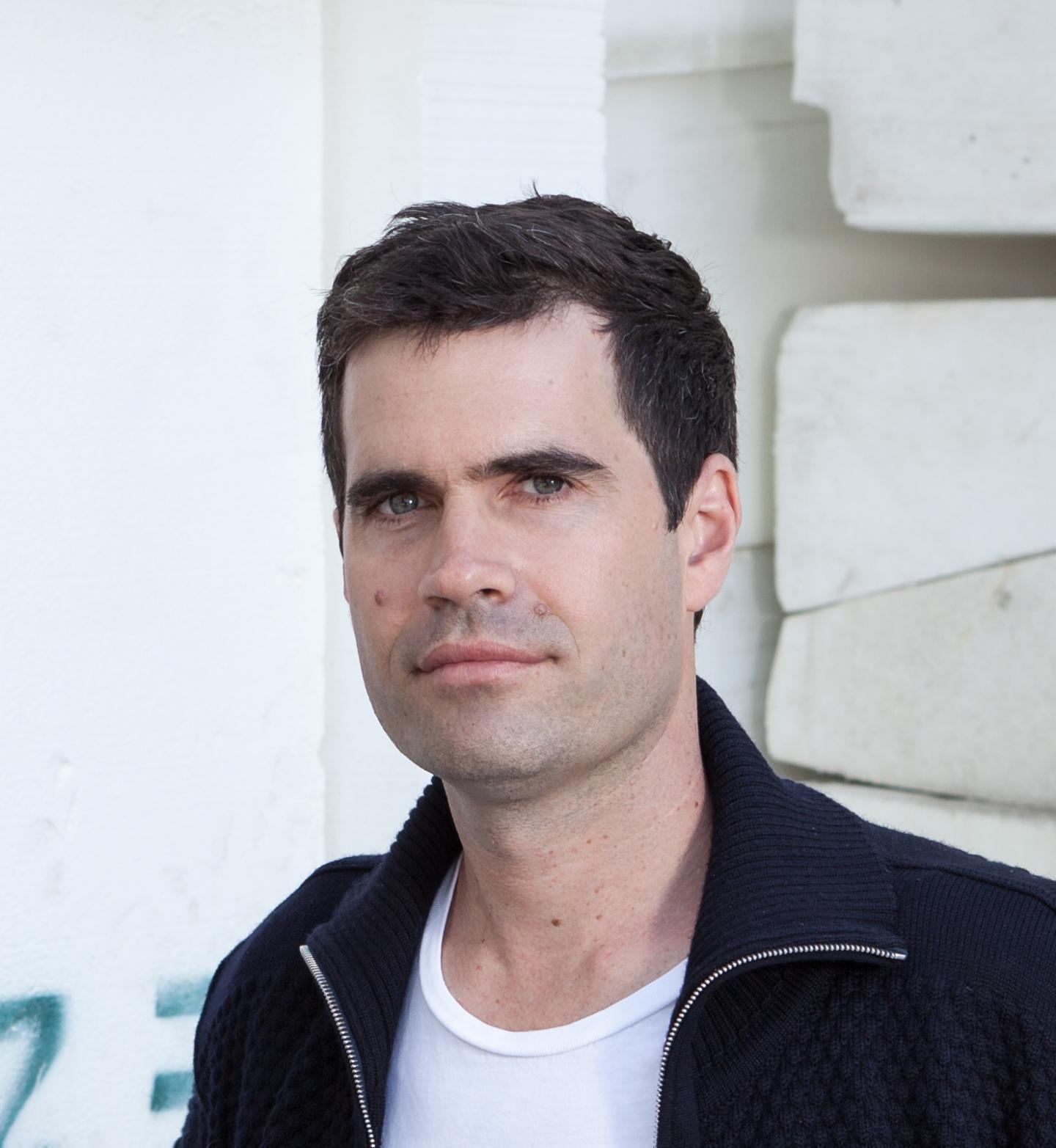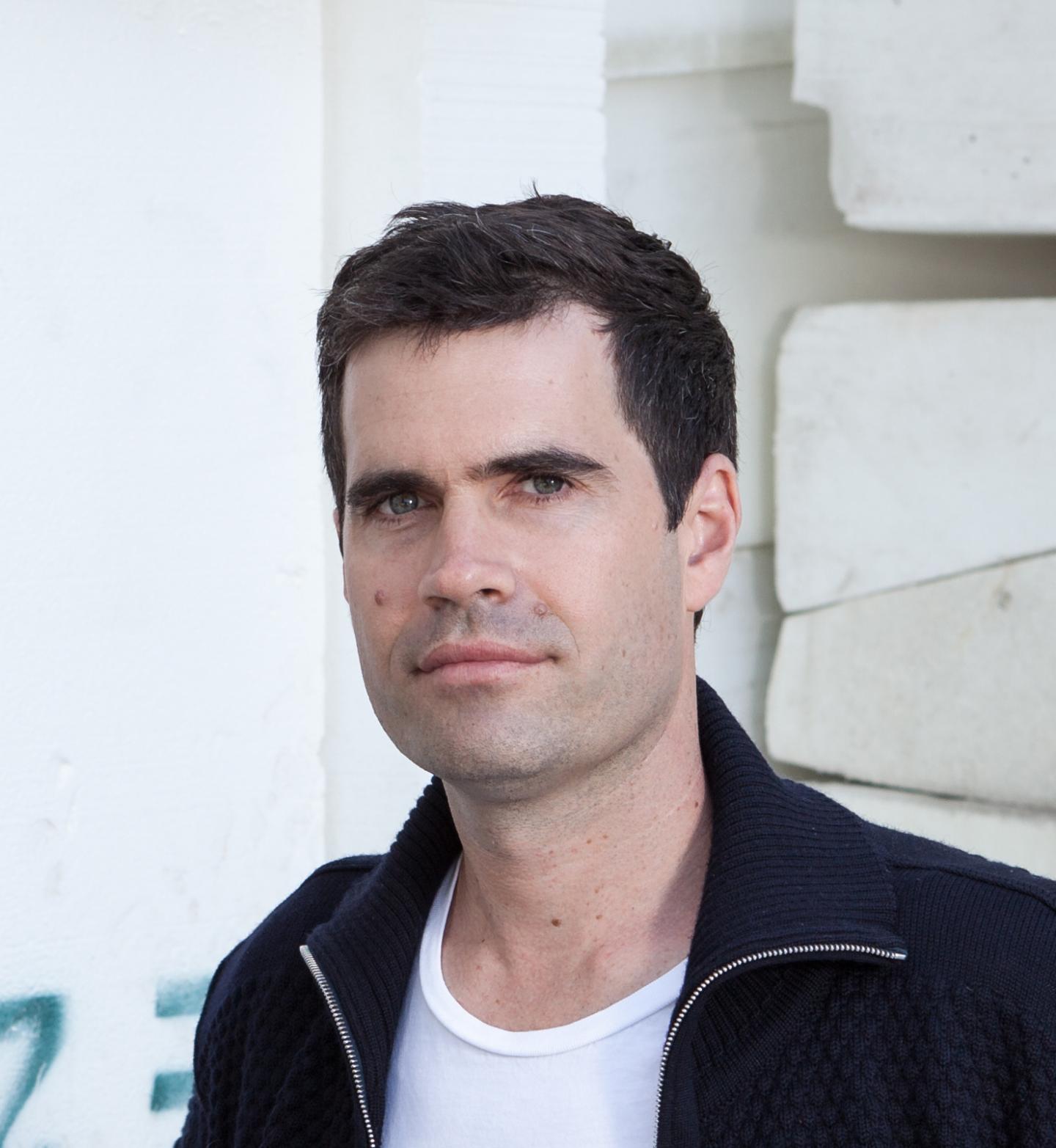
Credit: Credit: David Niddrie
Rising property values in Vancouver have resulted in the demolition of an unprecedented number of single-family homes in recent years, many of which were replaced with the same type of structure. Despite the better energy performance of the new homes, this cycle is likely to increase overall greenhouse gas emissions, according to new analysis from researchers at the University of British Columbia and MountainMath Software.
"The Zero Emissions Building Plan instituted by the City of Vancouver, which aims to eliminate emissions from the operations of new buildings by 2030, has already improved the energy efficiency of new homes," said study author Joseph Dahmen, a professor of architecture and landscape architecture at UBC. "This is a significant accomplishment, but the teardown cycle is preventing many single-family homes from surviving long enough to 'pay back' the initial impacts caused by construction materials, which are not accounted for in the current plan."
The study, which will be published in July in Energy and Buildings, finds that new single-family home construction in Vancouver will result in one to three million tonnes of added emissions between 2017-2050, even though the new homes will require less energy to heat and operate. It also reports that each percentage point increase in land value will result in an additional 130,000 tonnes of emissions in Vancouver during the same period.
"In Vancouver, we estimate that new single-family homes will take an average of 168 years for efficiency gains to recover construction impacts," says Dahmen's collaborator and co-author, Jens von Bergmann of MountainMath Software. "The payback time will be shortened as efficiency requirements become more stringent leading up to 2030, but Vancouver's teardown cycle will still cause overall emissions to increase, unless we change residential zoning to permit denser forms of housing."
The study points to an urgent need for city planners to rethink residential zoning in Vancouver to encourage architects and developers to explore denser forms of housing that will last longer and yield those environmental benefits sooner, according to the researchers.
"Single-family homes are among the most carbon-intensive building types. In contrast, low- to mid-rise row housing, such as that found in Montreal, Berlin, and Paris, could increase overall housing stock, address affordability and create a more vibrant public realm," said Dahmen. "We could design similar homes for Vancouver using mass timber from sustainably harvested wood from B.C. forests. This would provide additional environmental benefits by removing carbon from the atmosphere and storing it in the building materials themselves."
The fact that Vancouver gets much of its electricity from renewable sources is also a factor in the longer payback times for efficient homes, say the authors. Because Vancouver has a high percentage of "clean" energy, it takes longer for buildings to pay back initial construction impacts.
###
Misha Das, a student who is pursuing a master of architecture at UBC, is a co-author of the study, which was funded by the Peter Wall Institute for Advanced Studies.
Media Contact
Lou Bosshart
[email protected]
604-999-0473
@UBCnews
http://www.ubc.ca
Original Source
https://news.ubc.ca/2018/05/23/study-highlights-environmental-cost-of-tearing-down-vancouvers-single-family-homes/ http://dx.doi.org/10.1016/j.enbuild.2018.03.012





